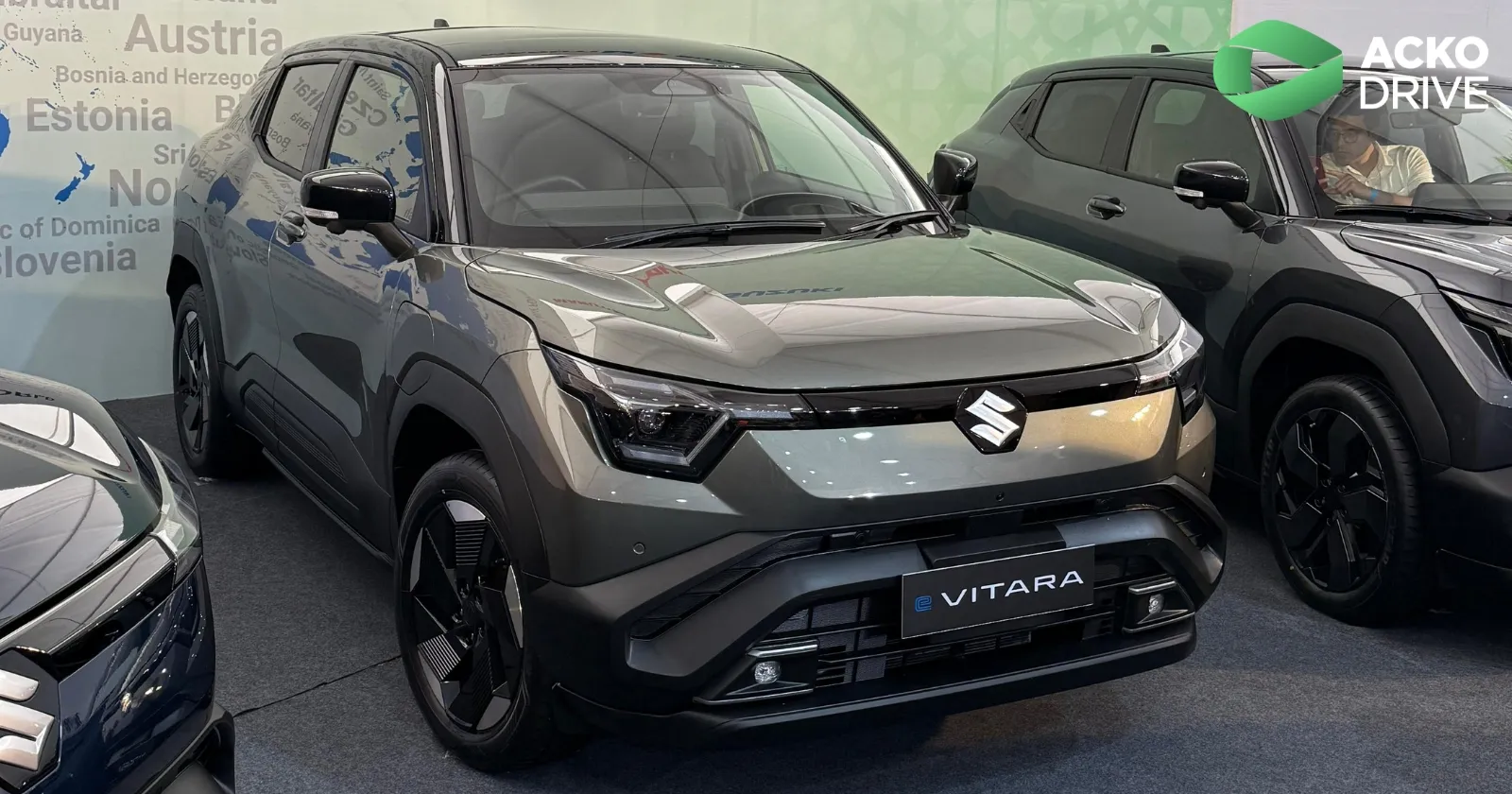
With an annual capacity of 18 million cells and plans to ramp up by another 12 million, this milestone slashes India’s reliance on imported battery components and fortifies domestic supply chains.

Share Post

With an annual capacity of 18 million cells and plans to ramp up by another 12 million, this milestone slashes India’s reliance on imported battery components and fortifies domestic supply chains.
Gujarat’s TDS Lithium-Ion Battery plant has ushered in a new era for India’s electrified mobility by becoming the country’s first facility to manufacture lithium-ion cells at the electrode level — cathode and anode — entirely on Indian soil. With an annual capacity of 18 million cells and plans to ramp up by another 12 million, this milestone slashes India’s reliance on imported battery components and fortifies domestic supply chains.
While global automakers race to secure cell supplies, Maruti Suzuki’s subsidiary TDSG leapfrogs competitors by internalising a key segment of battery value creation. In contrast, Tata Motors, India’s largest EV maker, currently assembles battery packs at its Tata Chemicals and Tata Power-Panasonic joint ventures, relying on imported cells for high-energy density modules. Mahindra & Mahindra similarly partners with global suppliers, importing cells for its EV models while focusing local expertise on pack integration and vehicle engineering.
Cell-level production, which accounts for up to 60 per cent of a battery’s cost, has long been the missing link in India’s “Make in India” ambitions. By mastering electrode coating, calendaring and cell formation, TDSG not only reduces import bills but also underpins price competitiveness for hybrids like the Grand Vitara and upcoming pure-EVs.
Maruti’s strategic play contrasts sharply with the piecemeal approach of its rivals. Tata’s Power-Cell factory in Tamil Nadu, slated for 2026, promises one gigawatt-hour of annual capacity but will still import critical precursor materials. Mahindra’s planned Maharashtra plant aims for 2 GWh by 2027, yet relies on cell procurement from East Asia. Meanwhile, TDSG is already operational, delivering cells to Maruti’s hybrid and BEV programs—and poised to supply third-party OEMs in the near future.
With fresh investment of ₹4,267 crore earmarked for cell capacity growth, Maruti Suzuki is not just building vehicles — it is building the very foundations of India’s EV ambitions. As Tata and Mahindra scramble to secure long-term cell contracts, Maruti’s indigenous capability places it firmly ahead of the pack in India’s electrified future.
Yamaha XSR 155 New Colour Added, Prices Hiked For Select Variants
Acko Drive Team 2 Mar, 2026, 8:56 AM IST
2026 Mercedes-Benz V-Class: All You Need to Know
Acko Drive Team 2 Mar, 2026, 8:39 AM IST
Ola Electric Introduces Upgrade, Referral, Add-On Benefits for 1 Million Riders
Acko Drive Team 2 Mar, 2026, 7:58 AM IST
Auto Sales February 2026: HMSI Reports Strong Performance with 34% YoY Growth
Acko Drive Team 2 Mar, 2026, 6:48 AM IST
Honda 0 Alpha Electric SUV Confirmed For India Launch In 2027
Acko Drive Team 2 Mar, 2026, 6:22 AM IST
Looking for a new car?
We promise the best car deals and earliest delivery!
